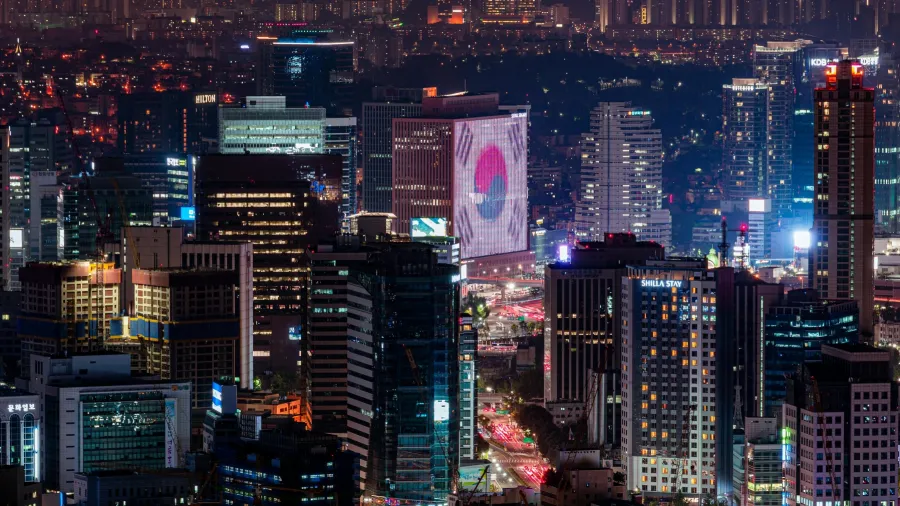
South Korea e-commerce market to hit $126b in 2024
It was attributed to consumer trust and innovation.
South Korea’s e-commerce market is projected to grow by 10.2% in 2024, reaching $125.8 b (KRW164.3t), according to GlobalData.
The market grew at a CAGR of 12.6% from 2020 to 2023, hitting $114.2 b (KRW149.1 t) in 2023, and is expected to continue expanding.
Ravi Sharma, lead banking and payments analyst at GlobalData, attributed the robust growth to South Korea's advanced internet infrastructure, secure online payment systems, and increasing consumer confidence in online shopping.
He added events like Black Friday and Cyber Monday, coupled with the availability of alternative payment solutions, have further accelerated e-commerce adoption.
International brands are taking notice of South Korea's thriving e-commerce landscape, the report noted. For instance, Chinese online fashion retailer Shein launched a dedicated Korean platform in June 2024.
Similarly, YouTube has expanded its footprint in South Korea with initiatives such as its first-ever online shopping channel and a partnership with Coupang. The collaboration introduced a Shopping Affiliate Program in June 2024, enabling YouTube creators to tag products from affiliated brands in their videos and earn commissions from viewer purchases.
About 79% of South Korean consumers shopped online in the past month, with only 6% reporting they had never shopped online, as per a GlobalData survey.
Food and drink emerged as the top category for online transactions, with 92% of respondents purchasing groceries and supermarket products online.
Additionally, 78% of consumers paid for food and drink orders from restaurants or takeaways online.
The e-commerce market in South Korea is expected to maintain a healthy CAGR of 7.8% from 2024 to 2028, reaching $170.1 b (KRW222.1 t) by 2028.
“South Korea’s e-commerce market looks promising supported by the growing consumer preference for online channel, improving payment infrastructure, proliferation of alternative payment solutions,” said Sharma.



















 Advertise
Advertise







